Zelensky seeks increased military aid at Ramstein meeting
- Update Time : Monday, October 7, 2024
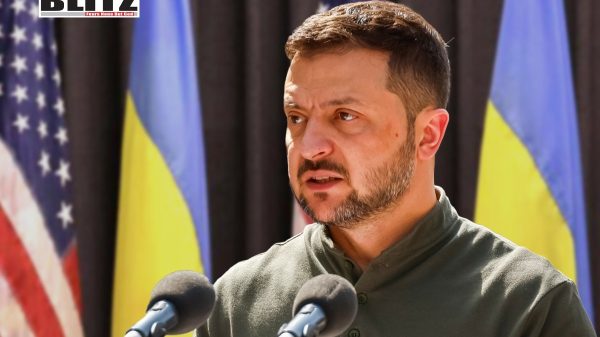
Ukrainian President Volodymyr Zelensky announced on October 5 that he will attend an upcoming international meeting at the Ramstein airbase in Germany, where Ukraine’s military support will once again be a focal point. The gathering, scheduled for October 12, comes at a crucial time for both Ukraine and its allies as the war with Russia intensifies, and global political shifts loom on the horizon. This meeting, significant for its timing and scope, will feature high-level participation, including US President Joe Biden and other key Western leaders.
The Ramstein meetings have been a cornerstone in the coordination of military aid for Ukraine since Russia’s full-scale invasion in 2022. Over 50 nations are expected to attend the upcoming summit at the US air base near Frankfurt, signaling the continued international resolve to support Ukraine against Russian aggression. Notably, this 25th iteration of the Ramstein talks will be the first at the leaders’ level, making it a pivotal moment for Ukraine’s defense strategy and its broader diplomatic efforts.
President Zelensky has framed the upcoming meeting as critical to securing “clear, concrete steps toward a just end of the war,” underscoring that Ukraine’s allies’ determination is essential to halting Russia’s ongoing military campaign. His statement emphasized that Western nations’ commitment to strengthening Ukraine will be key to achieving peace. Zelensky has consistently called for the delivery of more advanced weapons systems and long-range capabilities to tip the balance in Ukraine’s favor.
The timing of the Ramstein meeting is especially significant, as it occurs just weeks before the US presidential election. The potential election of Donald Trump has raised concerns among Ukraine’s leadership and its allies regarding future American support. Trump, who is running for the Republican nomination, has frequently criticized the billions of dollars in US aid provided to Ukraine and has adopted rhetoric that echoes some of Russia’s talking points on the conflict.
During his presidency, Trump’s foreign policy focused on reducing American involvement in overseas conflicts, and his skepticism of NATO’s role in the Ukraine war has caused anxiety among Kyiv’s leadership. A shift in US policy could upend the fragile international coalition that has sustained Ukraine’s defense efforts. The current administration under President Biden has been Ukraine’s largest supporter, committing extensive financial, military, and humanitarian assistance to help repel Russian forces.
For Zelensky, maintaining solid US support is a top priority, especially as Russian forces continue their slow, grinding advance in eastern Ukraine. Moscow’s sustained military push has left Ukrainian troops outgunned and struggling to hold key positions. The additional military aid discussed at Ramstein could be decisive for Ukraine’s ability to withstand future Russian offensives.
Another critical issue on the agenda for the upcoming Ramstein meeting is Ukraine’s request to use donated long-range weapons to strike military targets deep within Russia. As Ukrainian forces increasingly rely on drone strikes against Russian military infrastructure, Kyiv is pushing for permission to expand the range of its operations. Zelensky has argued that long-range weaponry is crucial to counter Russia’s military advantage, and Ukraine’s ability to strike at the heart of Russian logistics and supply lines could dramatically alter the course of the conflict.
In recent weeks, Ukraine has intensified its pressure on Western allies, advocating for the clearance to deploy long-range systems that could reach beyond occupied Ukrainian territory. Kyiv’s defense officials have been clear: without the ability to strike Russia itself, the war could drag on indefinitely. Zelensky’s administration has pointed to Ukraine’s successful drone attacks on Russian military bases as evidence of the effectiveness of these systems but insists that drones alone will not be enough to secure victory.
In his daily address on October 5, Zelensky highlighted that Ukrainian forces were demonstrating their capabilities when equipped with adequate weapons. He stressed that more decisive steps, particularly in terms of weapons with extended range, are necessary to bring about an end to the war. His appeal to international partners is focused on acquiring not just additional weapons but more advanced systems that would allow Ukrainian troops to turn the tide of battle.
In his latest statements, Zelensky also reiterated his commitment to achieving “lasting peace and security” based on international law. He rejected any notion of compromising Ukrainian sovereignty or territorial integrity in potential peace negotiations. This stance comes at a time when some Western analysts have speculated about the possibility of Ukraine being pressured into making concessions to hasten an end to the conflict.
Zelensky’s unwavering position reflects the broader sentiment in Kyiv: that Ukraine cannot trade its sovereignty or any portion of its territory in exchange for peace. Instead, the focus remains on defeating Russian forces and restoring Ukraine’s territorial integrity. To this end, Zelensky will use the Ramstein meeting as a platform to rally continued and even increased support from Ukraine’s allies.
As the war continues to rage in eastern Ukraine, Zelensky faces the monumental task of convincing Western allies to step up their military aid in the face of war fatigue and shifting political dynamics. The Ramstein meeting will be a key test of how much further Ukraine’s partners are willing to go in supporting the country’s military ambitions. With the US election looming and potential changes in leadership, particularly in Washington, the stakes are high for Kyiv.
Should Ukraine secure additional long-range weapons and increased military assistance, it could gain a much-needed advantage on the battlefield. However, the uncertainty surrounding future US support, combined with growing pressure on European nations to scale back spending, means that the outcome of the Ramstein meeting is far from guaranteed.
As Zelensky and Ukraine’s allies gather on October 12, the world will be watching to see whether the promises of military support are met with concrete action. For Ukraine, this meeting represents not just an opportunity for more aid but a lifeline in its ongoing struggle for survival and sovereignty in the face of Russian aggression.


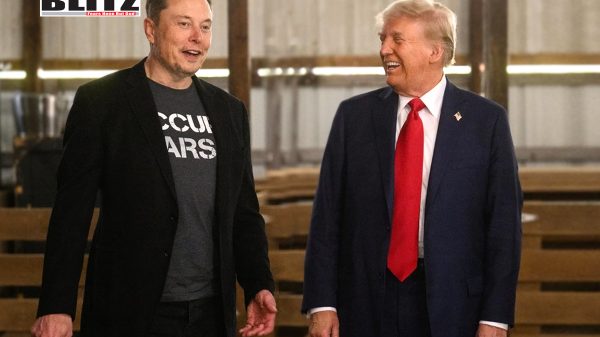
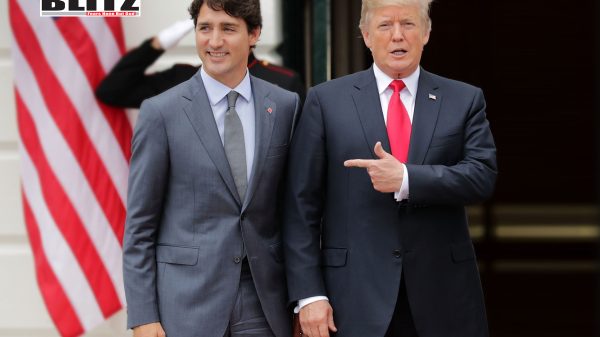

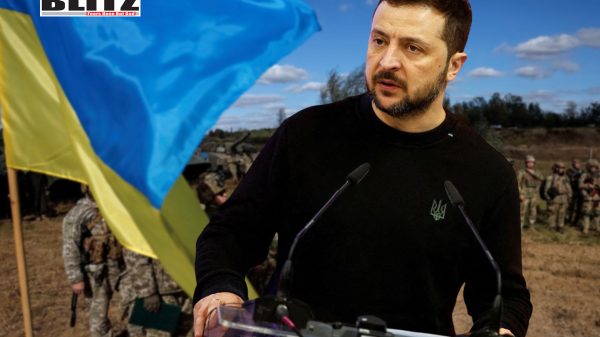

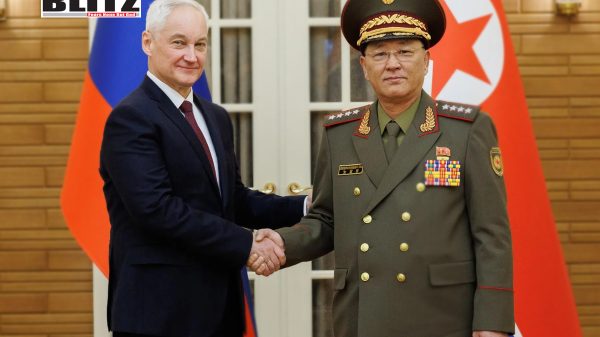

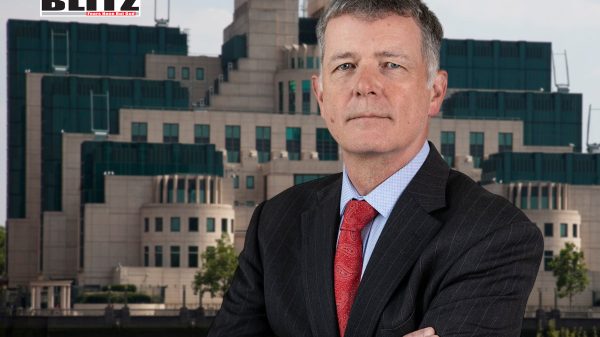
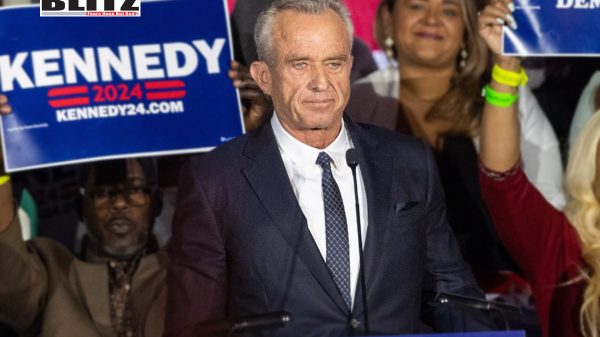
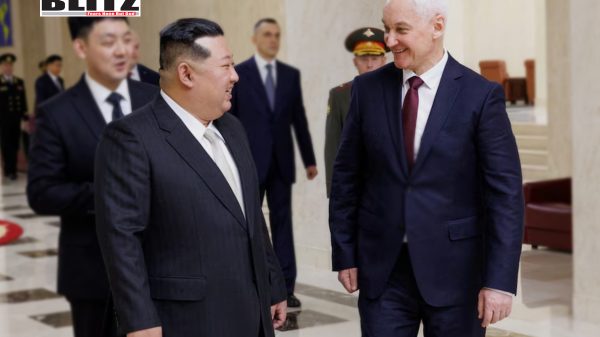
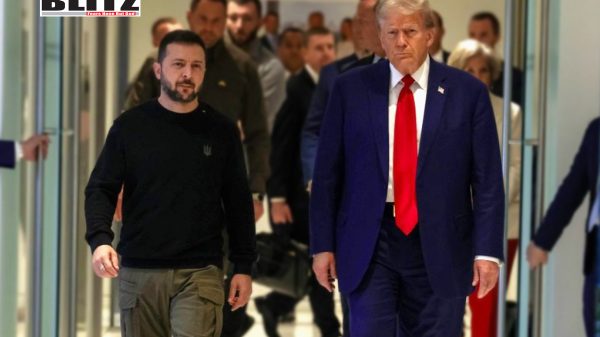


Leave a Reply